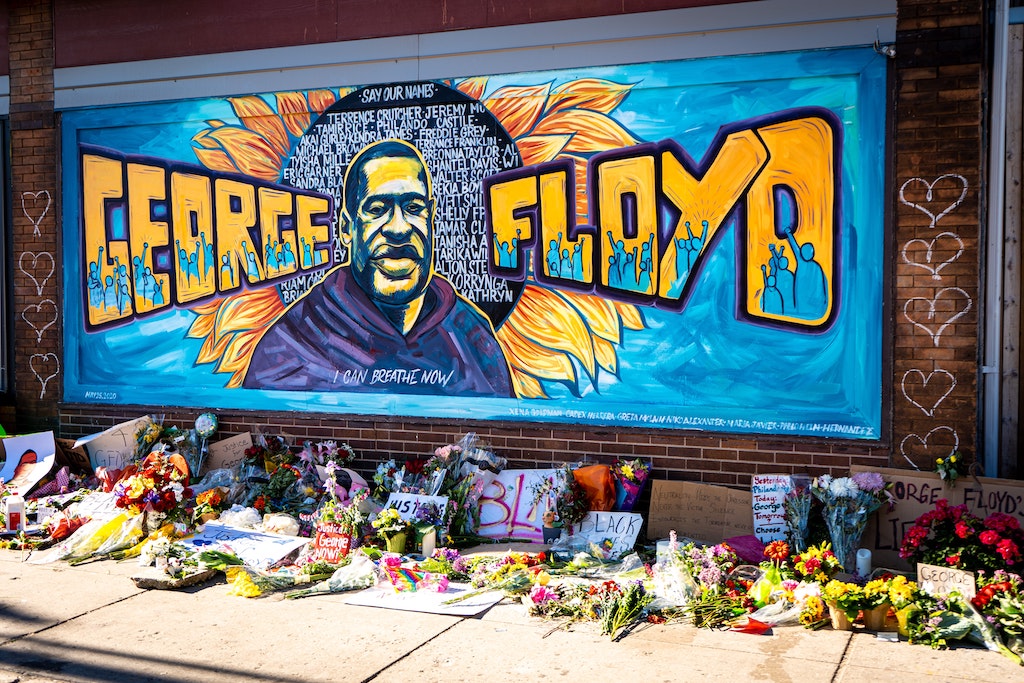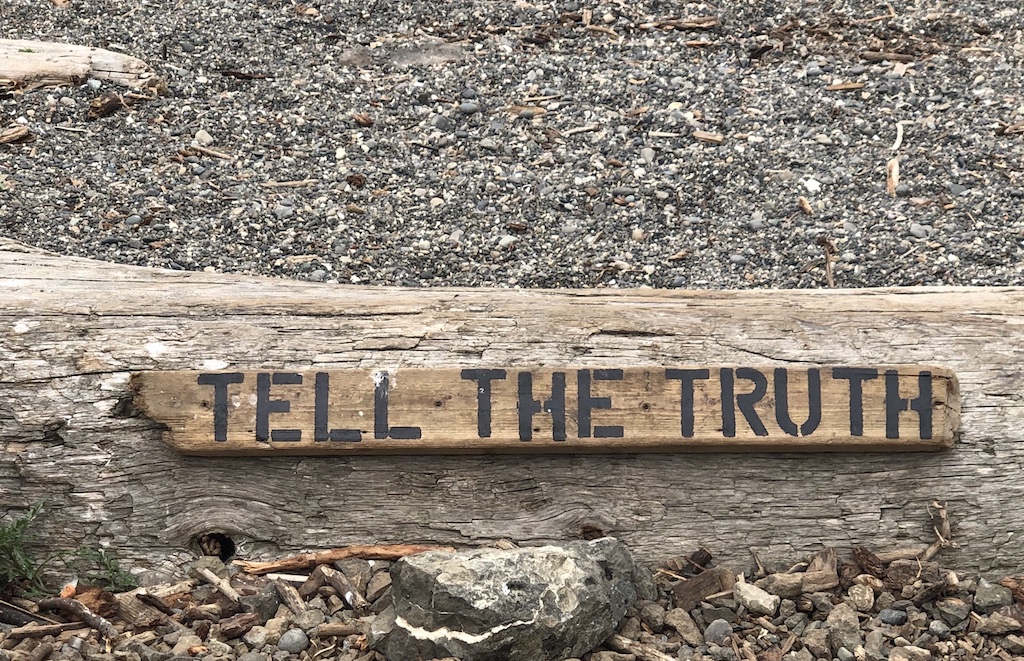It is June 1, 2020 and I am writing the new editorial letter (which I do monthly to inspire my fellow writers), but I lack the right words. I also lack inspiration, so I thought I should try writing about what bothers me instead, and perhaps you may find inspiration in my worries.
We entered the fourth month since the world has begun to shut down in attempts to slow down the spread of Covid-19, the fourth month since we let ourselves get infected by the repeated usage of the nonsensical phrase the new normal. We are trying to adapt to the living inside the ever-changing perimeters of the different states of emergencies that the cities and countries we live in imposed. However, was there such thing as the universally defined normal life before Covid-19? If you thought you lived a normal life in a normal state, I am so sorry for your recent loss. I’m not writing this to mock anyone’s ideals, I am writing this because I know what losing hope, faith, and ideals feels like. I mourned my losses before. And I learned that a universal normal does not exist. Those who feel as if they’ve lost their normal might have lost some of their privileges. For instance, the ability to travel. If we agree that your normal has always been someone else’s fiction, then, this hash-tagged new normal might become the latest fiction, right? The new way of storytelling. A possible treat for us writers.
Talking about storytelling, this morning, I opened several web pages. I found titles such as “US streets seethe for a sixth night” (CNN), “Cities on Edge as Fires Burn Near White House” (The New York Times), “Violence erupts across US on sixth day of protests”(BBC), “Seattle demonstrations vent anguish at death of George Floyd” (Seattle Times), “Thousands arrested nationwide after a weekend of turmoil” (The Washington Post), “US at a precipice as demonstrations intensify” (The Washington Post), and I felt a surge of anger. I thought of the writers who typed these titles, putting these words together to emphasize the calamitous consequences of the horrific act of violence. Still, it seems as if they’ve already forgotten about what caused their stories.
On May 25, George Floyd, a Minnesota resident, died after a police officer kept his knee on Floyd’s neck for eight minutes and 46 seconds. Needles is to repeat that Mr. Floyd’s skin was black, and the officer’s, of course, white. Or should I repeat? Another black man died under a white man’s boot (or knee, this time). The officer and his partners in crime were thus fired. The citizens of Minnesota rose in protest first, demanding justice and adequate punishment of the officers involved. Soon after, the waves of demonstrations rose across the country.

The same phrase stay safe, which has been widely used on social media to advise people to stay in the coziness of their homes (and disinfect everything they touch), is now being tossed around in an entirely different context. Stay safe while protesting, stay safe, and don’t get into a great deal of trouble, or, perhaps, stay safe and silent or stay safe and let others fight for justice?
We cannot change the world while, at the same time, we are holding onto our safeties.
Another news title that enraged me this morning was, “Pandemics leaves nation’s nerves on edge.” This is how I read it: “Let’s imply that people were locked in their houses for two and a half months and now, they are finally out, still fragile and in distress from being advised to stay in their homes, so they spill their anguish in the form of gasoline, sprinkling streets with fires.” As if the protests, which are still happening while I write in the safety of my home, are, in fact, the fault of the pandemic – the quarantine was unnatural, people lost their minds. Now I feel the fire rising from my guts up my stomach and in and up my throat. The taste of anger, once again, overwhelms me.
I find great solace in investigating words and their usage. In words, we may see both the roots of the problems and their solutions.
The adjective pandemic means widespread or prevalent over a whole country or the world.
Racism is pandemic. Now, let’s pause here and take a breath. Racism is pandemic.
After numerous centuries, humankind was not able to stop the spreading or find the cure for its deadliest virus.
Pandemic is also hatred and anguish and fear. And those street fires you see now on the news and in social media are pandemic as well. Fast in spreading. And dangerous.
As long as I remember, my mother wanted a normal life and suffered a great deal for not realizing her dream. “Is wanting a normal life such an unattainable goal?” She asked, always emphasizing the word normal. “I just want normal.” She believed that she’s been very modest and praying for the simplest thing.
I got myself in trouble when, at the age of sixteen, I told her that normal does not exist because it’s not universal. “If you go and ask God to give you a normal life, he’ll give you his normal. And he might have already given you what he had thought you needed.”
My outburst was punished with a few days of silence at her end, and I learned not to question (out loud) God’s existence or his choices nor the believability of a normal life.
What I continued to question, and I’ll never stop, are the words – their meaning, their usage, and the consequences bestowed upon us when we fault the language.
To be clear, Covid-19 and the facts that countless people died, others lost their loved ones, millions lost their jobs and security and insurance has nothing to do with the widespread anger over another fact that, once again, a black man was gasping on the pavement while a white man above glowed in arrogance. Did the pandemic leave the nation’s nerves on edge? How can a responsible writer twist-up the words that offensively?
Our primary responsibility as writers is to tell the truth. When we write fiction, we tell the truth just the same. We invent characters so that they can tell the truth.
Another responsibility we must carry without mistakes is taking care of our language(s).
Words are the most powerful of all weapons. We cannot allow ourselves to copy and paste and hash-tag words and phrases without thinking of their echoes. Without investigating all the possible meanings of a chosen phrase.
Let’s just agree to take a few moments and review our words before voicing them or sharing them. Before using popular idioms such as new normal. Or stay safe. Or quarantine life. And many others that silently reverberate our privileges.
The spread of coronavirus was unfortunate, but it arguably followed the natural patterns, and it will be contained. The pandemic of racism has always been unnatural, and it will not be stopped until every single human on earth is cured of even the slightest symptom of resentment against another human. And only then, in that imagined world, we will be able to use the phrase a normal life.
